by Cayla Keiser

I’ve never crossed the pale blue truss bridge over Neville Island, PA, without getting off the highway and driving down Grand Avenue toward the little white house my Nana and step-grandfather, Ray, call home.
I can always smell the baked ziti, garlic bread and chocolate chip cookies from miles away on approach. I can practically feel my Nana’s warm embrace, see her wide eyes and a big smile and hear her say, “There’s my granddaughter!” as I walk through her front door.
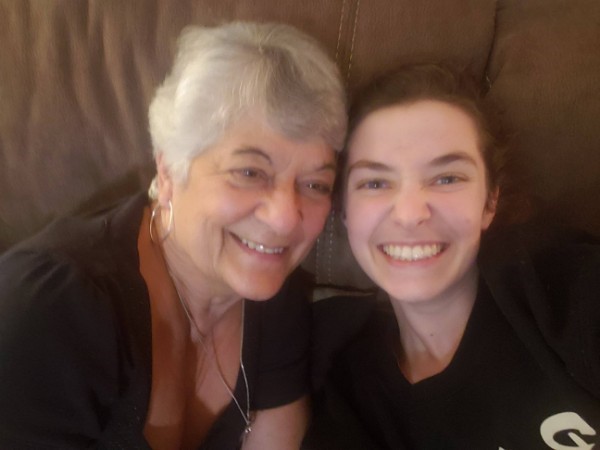
Photo credit: Cayla Keiser
On March 19, 2020, when I drove back to Rochester to finish the semester online, I didn’t fill my grumbling stomach with homemade Italian food. I didn’t joke with Ray about him “stealing” some of the chocolate chip cookies Nana baked for me. I didn’t hug Nana goodbye while she snuck me a $20 bill to “treat myself to something nice.”
Instead, I crossed straight over the island because the Centers for Disease Control and Prevention say that “older adults, 65 years and older, are at higher risk for severe illness” due to COVID-19. Out of every 10 deaths in the United States, eight people are aged 65 or older.
To help prevent the spread, I was taking all the possible precautions the CDC suggests. I washed my hands constantly with soap and water and kept hand sanitizer close by. I took part in social distancing by not going to stores or restaurants and I avoided touching my face at all costs. I encouraged my family members to do the same — especially my vulnerable grandparents. I was doing my part to flatten the curve and keep my loved ones safe, but all of it still felt surreal.
I had visited Nana and Ray during my spring break a week before the protective measures against the virus amped up in the United States. I sat on Nana’s couch half-watching “Survivor” when I heard that RIT was extending spring break for a second week. With the extra time, I decided to drive home to visit my family in Atlanta for the weekend. I hugged Nana and Ray goodbye, but just for a short few days. I assumed I’d be back the next week on my trek back to school.
The days leading up to that drive saw a massive escalation in COVID-19 cases across the states. Toilet paper flew off the shelves as people prepared for the upcoming self-quarantine. Lock-downs were announced daily, worldwide.
I called Nana. I told her that as a healthy 21-year-old, I wasn’t worried about what could happen if I contracted COVID-19. It would probably knock me down for a few days, but with some medicine, rest and isolation, I’d be back on my feet in no time.
Nevertheless, I didn’t want to stop on my way back because — even though I wasn’t worried I had or would contract the virus — I had one fear.
How could I forgive myself if I did have COVID-19 and passed it to Nana and Ray, all because I wanted a hug?
Those “older adults” who the CDC mentioned might not be able to get back up from the virus. Those “older adults” included Nana and Ray. I didn’t want to risk coming into their home after traveling hundreds of miles.
As I approached the pale blue truss bridge over Neville Island, instead of getting off the highway and driving down Grand Avenue toward the little white house Nana and Ray call home, I simply frowned. I was sad I couldn’t hug my grandparents, but at the same time, happy to do my part to prevent the spread.
I wasn’t even a full mile off the highway where Nana and Ray live. COVID-19 made it feel so much farther.

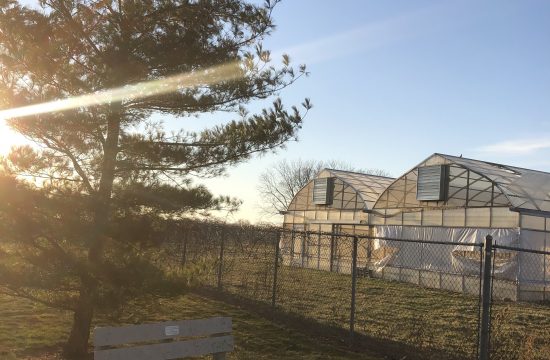
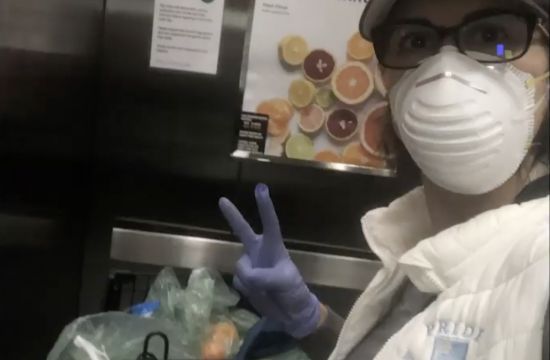
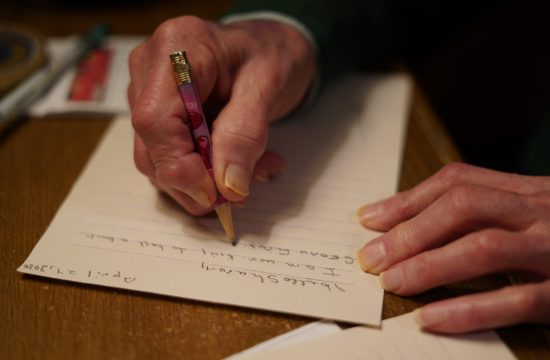


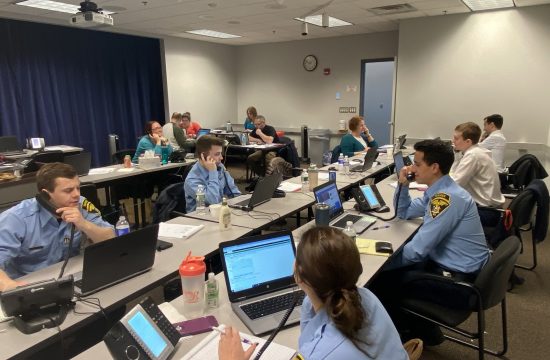

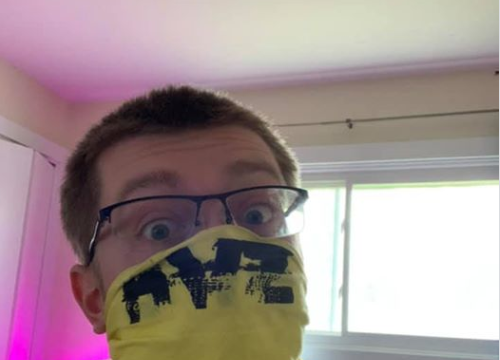

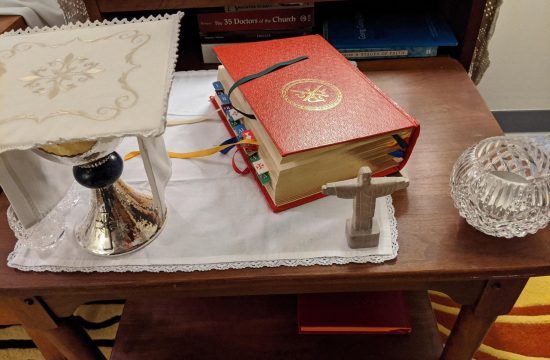
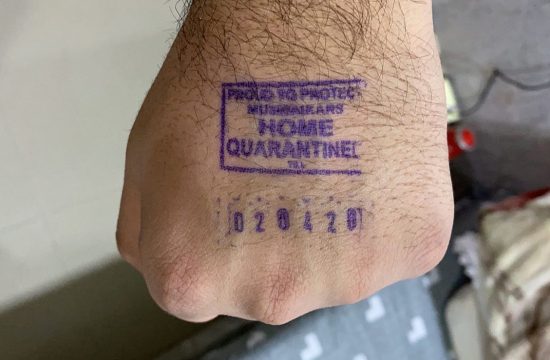
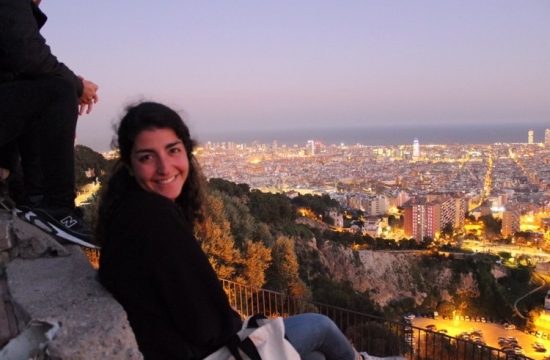
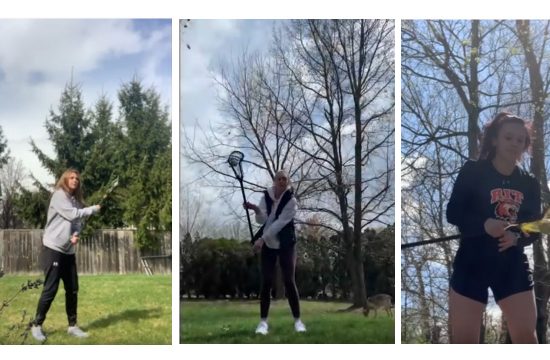

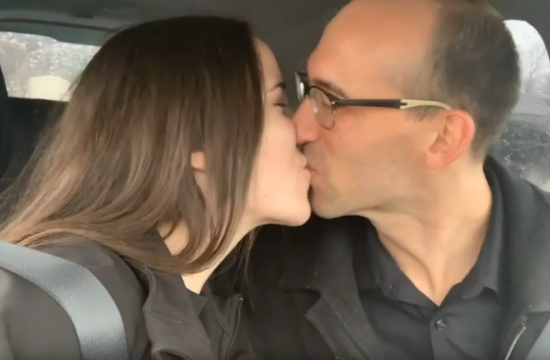
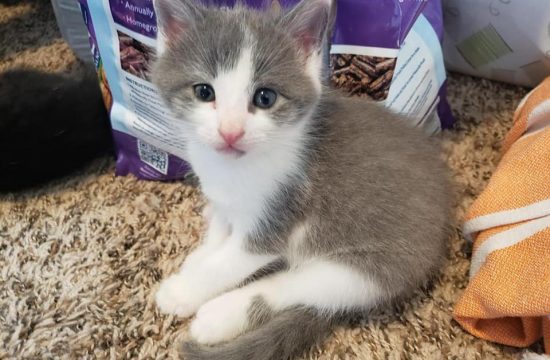


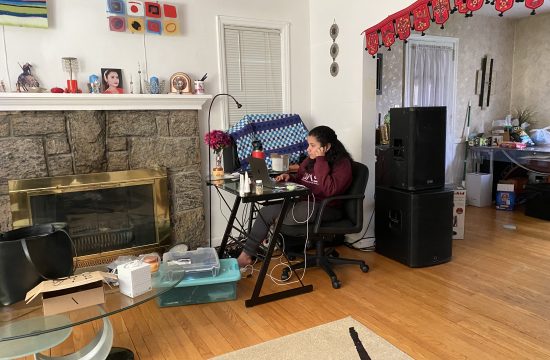
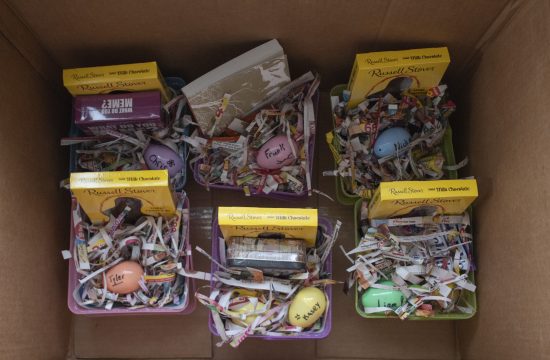
Another well written and endearing story from an awesome great niece!!!